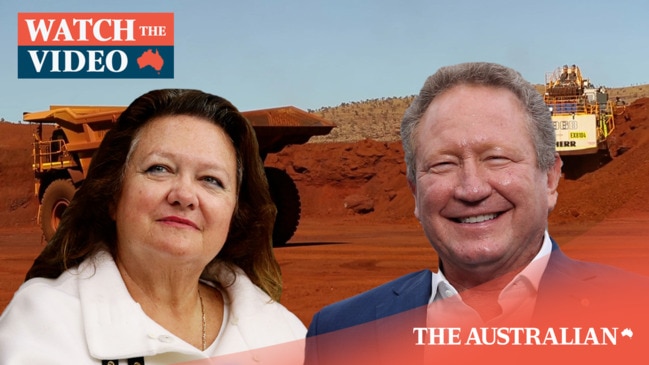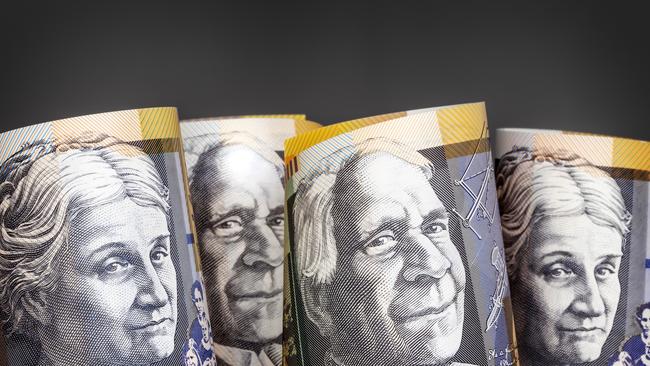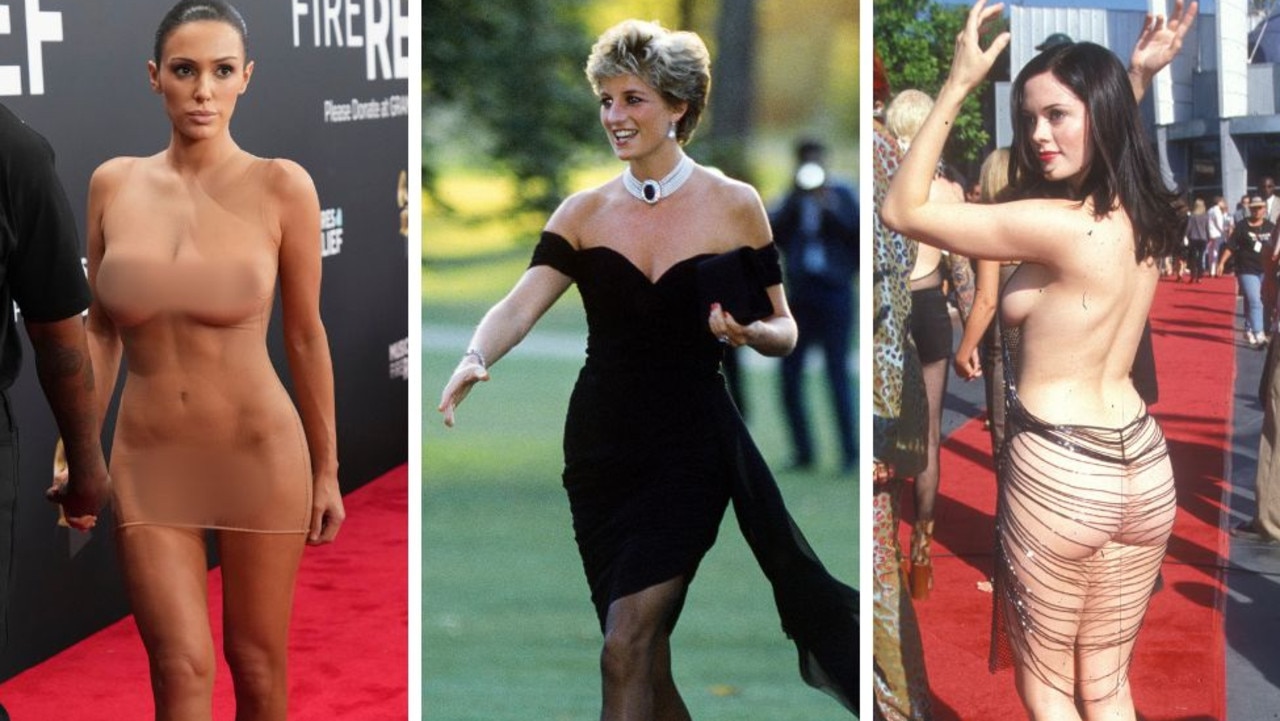How does your wealth measure up in a richer Australia?
Official data on household wealth can make millions of Aussies feel inferior, and there are better ways to map your riches.

Opinion
Don't miss out on the headlines from Opinion. Followed categories will be added to My News.
Aussies are getting richer faster, although the party may be petering out for many, and for others it never got started.
Record riches are unveiled in the latest Australian Bureau of Statistics data showing household wealth grew 20.2 per cent in 2021 to $14.7 trillion.
That equates to $556,541 for every woman, man and child, according to CommSec, and if this number makes your eyes water, you’re not alone.
It surged higher last year thanks largely to the nation’s booming property market, but was also helped by rising asset values in share portfolios, superannuation and savings.
However, wealth is heavily skewed towards older Australians who have owned homes for longer and had more time to build a big super balances.
And there are other financial factors at play, so there’s no need to panic and feel that you’ve slipped behind if your children aren’t yet worth $556,541 each or you haven’t amassed twice that amount to compensate for their wealth weakness. Here’s why.
AVERAGES SKEW NUMBERS HIGHER
Using averages is a crude way to measure riches because it makes most people feel inferior.
That’s because the average is simply total wealth divided by the number of people who own it.
So Gina Rinehart, Australia’s richest person worth $32.6bn (or $32,600,000,000 if you like zeros), holds the equivalent wealth of 58,000 regular people.

Fellow mining magnate Andrew Forrest, worth $31.8bn, holds the same wealth as 57,000 average Australians combined. Richer people dramatically raise averages.
Medians are more accurate, and less intimidating, because medians are the midpoint of everyone. Half own more and half own less.
This is illustrated by superannuation data, which shows the average male super balance is about $162,000 but the median balance is $58,000, while for women the average is $128,000 and the median is $45,000.
TIME HEALS WEALTH WORRIES
If you’re aged under 50 and your wealth isn’t growing as fast as you’d like, don’t stress, because the power of compound interest kicks in during the two decades before retirement.
That’s why the super statistics show average balances for people aged 60-64 are twice as big as the overall population, and why data from social research group McCrindle shows Baby Boomers have average household wealth of $1.46 million while Generation Y – aged 25 to 44 – have average wealth of $346,000.
It’s a sore point for many young people, and understandably so, that the housing boom rewards those who already have houses.
However, today’s first home buyers will become tomorrow’s wealthy property owners. Eventually.
OPPORTUNITIES WILL EMERGE
The wealth surge of 2021 is almost certain not to be repeated this year amid a flattening national housing market, looming interest rates, the Ukraine war and inflation fears.
Home values are drifting lower in some capital cities, and if prices fall further and wages rise property ownership will become achievable for more.

Similarly, shares are looking shaky in our world of financial worry, so there may be buying opportunities when the next sharp fall comes – as it inevitably will.
There is one golden rule for anyone wanting to get wealthier: do something.
We have more investment opportunities across shares and property than ever before, and you can get started with a few dollars. Superannuation delivers tax deductions when extra money is pumped in, and patience will always pay off financially thanks to the power of compound interest.





